With homelessness continuing to rise in Cardiff, and all over the UK, what challenges face those working to help rough sleepers?
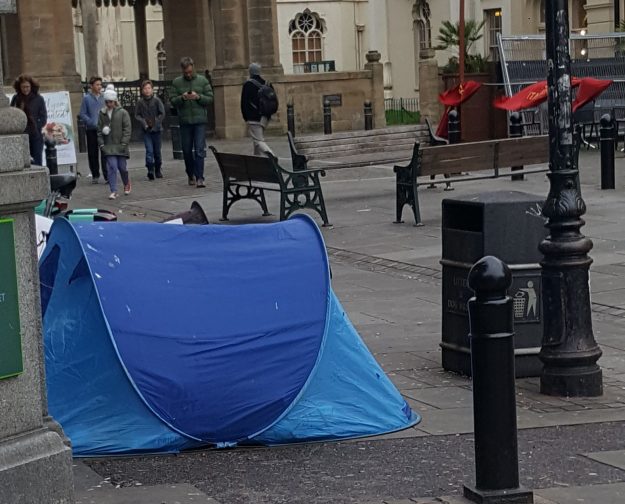
The number of people sleeping rough in Cardiff has increased by 81% in the last two years, with Cardiff council reportedly receiving 3987 for help with homelessness in 2017/18 which is a 68% increase from just two years ago. In 2017 Cardiff Council unveiled plans to end rough sleeping by 2020, however, considering the number of rough sleepers is continuing to rise this plan is failing. What are the challenges that face those working on the front line to tackle these issues?
Ed Barker has dedicated a significant portion of his life to aiding several different organisations in their mission to help rough sleepers in Brighton and Hove. Brighton is facing a very similar situation to the situation unfolding in Cardiff, with Brighton experiencing the biggest increase in the number of rough sleepers anywhere in the country over the last year making it the city with the second largest number of rough sleepers after Westminster.
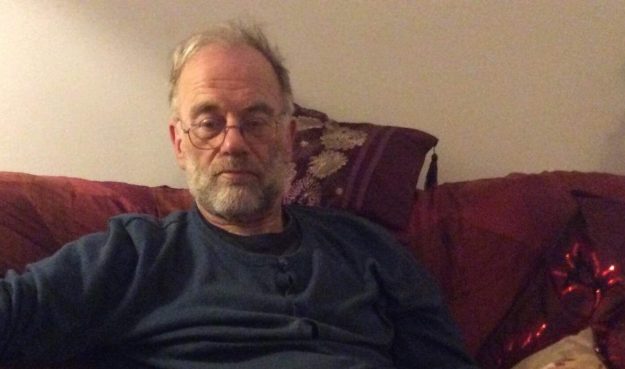
Ed Barker spent years working with several different institutions and campaigns that have attempted to tackle to homeless crisis in Brighton. He was the general secretary of the trade council and was then the chair of the trade council through much of the 80s. He has worked in a day center, which is a place where the homeless can go during the day to store their valuables and could attend advice sessions given by Ed. He was also a part of the campaign group CHAR, which was a campaign group for the single homeless.
“I used to find people accommodation and it was substandard accommodation just to get them off the street to establish a claim for benefit and then it was largely down to them. If you were NFA you didn’t have an address and you didn’t have any money, it would take up to 10 days before you could get an interview to decide whether you qualified for an emergency payment or not which.” Said Ed. Under the benefit legislation there was a provision so if you were literally starving you were supposed to be able to get a loan called an urgent needs payment but they couldn’t give you an urgent needs payment unless they’d interviewed you so this was very discouraging for people.”
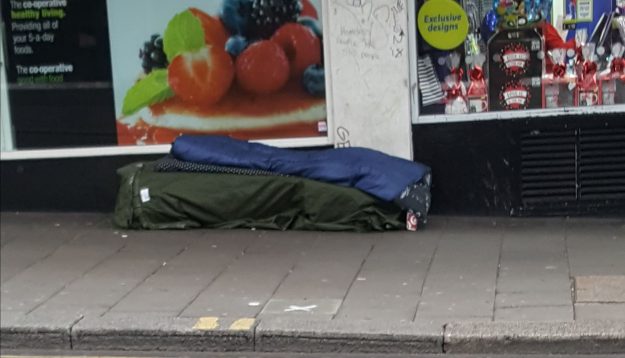
One of the biggest issues Ed faced when trying to help rough sleepers was dealing with government bodies in an attempt to get financial help for those in need. “So, a lot of my time would just be arguing to get urgent needs payment. There was a woman who had a 20-year history of schizophrenia that came to Brighton. She had no money because she’d spent her money coming to Brighton and staying in a B&B and she was in and out of hospital all the time. So, this bloke said to me ‘well they all say they’re urgent?’ so I said ‘hang on how many women with a 20-year history of schizophrenia have you had in the office today?’ They vehemently refused to just treat her in a humane sort of way.”
Much like Brighton Housing Trusts Andy Winters, Ed believes that the number of homeless people has not increased, they have just become more visible. “There weren’t people sleeping in doorways like there are now, that was very rare. People used to sleep sort of under the road by the churchyard, there was a little colony of people sleeping there but people normally slept in the parks outside. Every year Brighton Housing Trust used to do a count of homeless people as part of a national count but you weren’t allowed to count people who were asleep and you weren’t supposed to wake them up, you were only supposed to count people who would tell you that they were homeless and you had to find them. It’s a lot easier to find people now because you just have to walk up and down the main thoroughfares and you can start counting people pretty much straight away can’t you.”
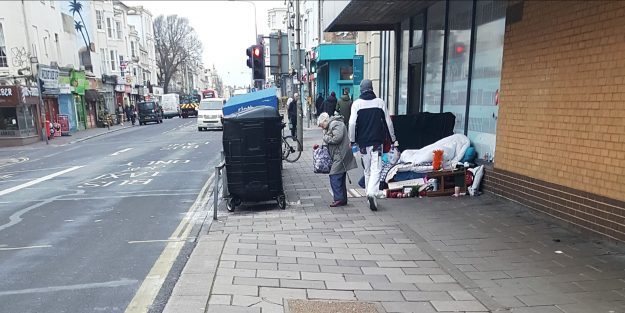
When working on the frontline with the homeless, it is impossible not to be affected by the personal suffering of those in desperate need of help. “There are dozens and dozens of stories. I’ve seen human tragedies to a greater or lesser extent.” Said Ed. “There was a little old Irishman called Sean who had been homeless for years, he was a street drinker. There was sort of like a hierarchy of homelessness and they considered that they were the genuine homeless. Then there were other people who lived 4 or 5 to a room in bed and breakfasts and they weren’t homeless. You know every time they breathed at night droplets of water would drop onto their beds but they were perfectly adequately housed as far as Sean and another guy called Seagull were concerned. Sean was eaten by rats when he died on the beach, it was cold and he died of exposure. When they found him, the rats were chewing at him. He was a charming chap. He could quote the whole of Grays Elegy in the churchyard. He was an educated man.”
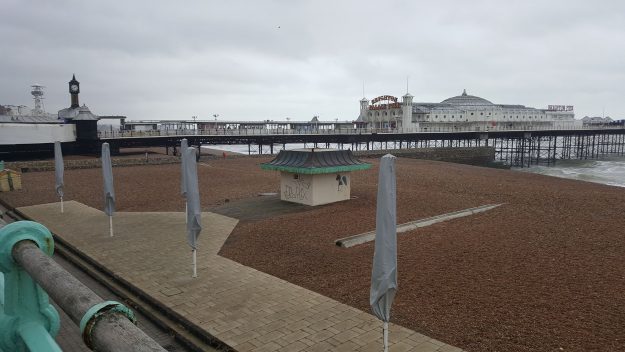
Ending rough sleeping is an extremely difficult task for any council or independent group to undertake, the work is relentless and exhausting and as Ed believes there just isn’t enough time to do the job properly. “Like so many other things there is never enough time to really follow things up. I would see up to thirty people a week just in an advice setting let alone managing the building, the volunteers, trying to develop activities and chase resources. That’s the most frustrating thing, never having enough time or energy really in the end to follow things up.”
